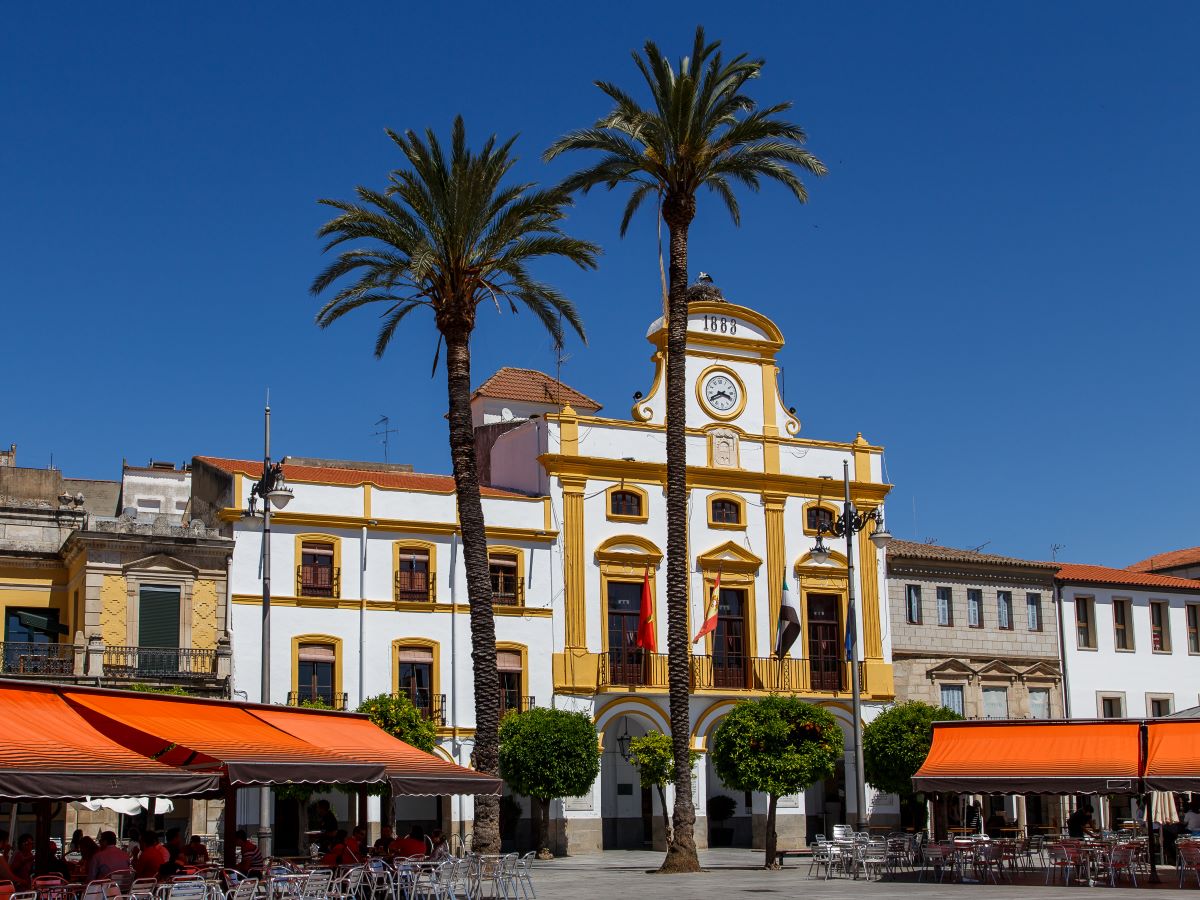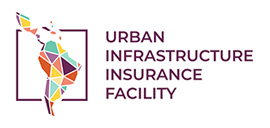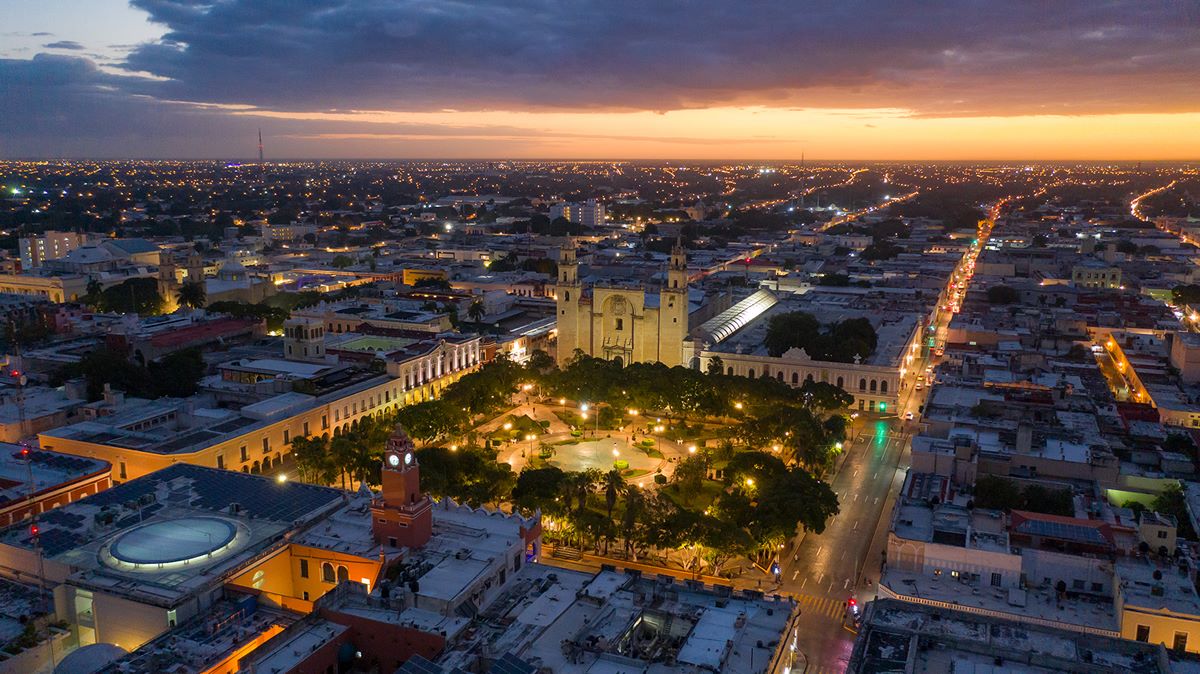
Mérida, the capital of Mexico’s Yucatán State, boasts a population of nearly a million inhabitants. The city’s largest economic sector is retail trade, contributing significantly to its vibrant economy. Situated in southeast Mexico, Mérida is prone to hydro-meteorological phenomena, such as torrential rains that often result in flooding. Recognizing this vulnerability, the city actively implements municipal-level risk strategies to mitigate the impact of natural disasters.
These efforts are aimed at enhancing the coordination among various institutions involved in disaster management. By improving preparedness and response mechanisms, Mérida aims to minimize the impact of such occurrences on the city and its residents. The municipal government consistently invests in infrastructure and emergency response systems to strengthen the city’s resilience against natural disasters. These initiatives include upgrading drainage systems, implementing early warning systems, and conducting public awareness campaigns to educate residents about disaster preparedness and response.



